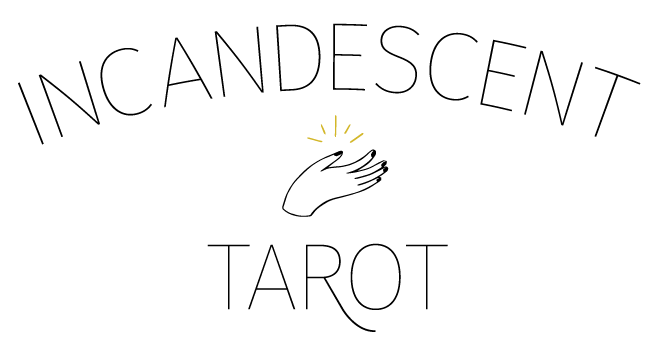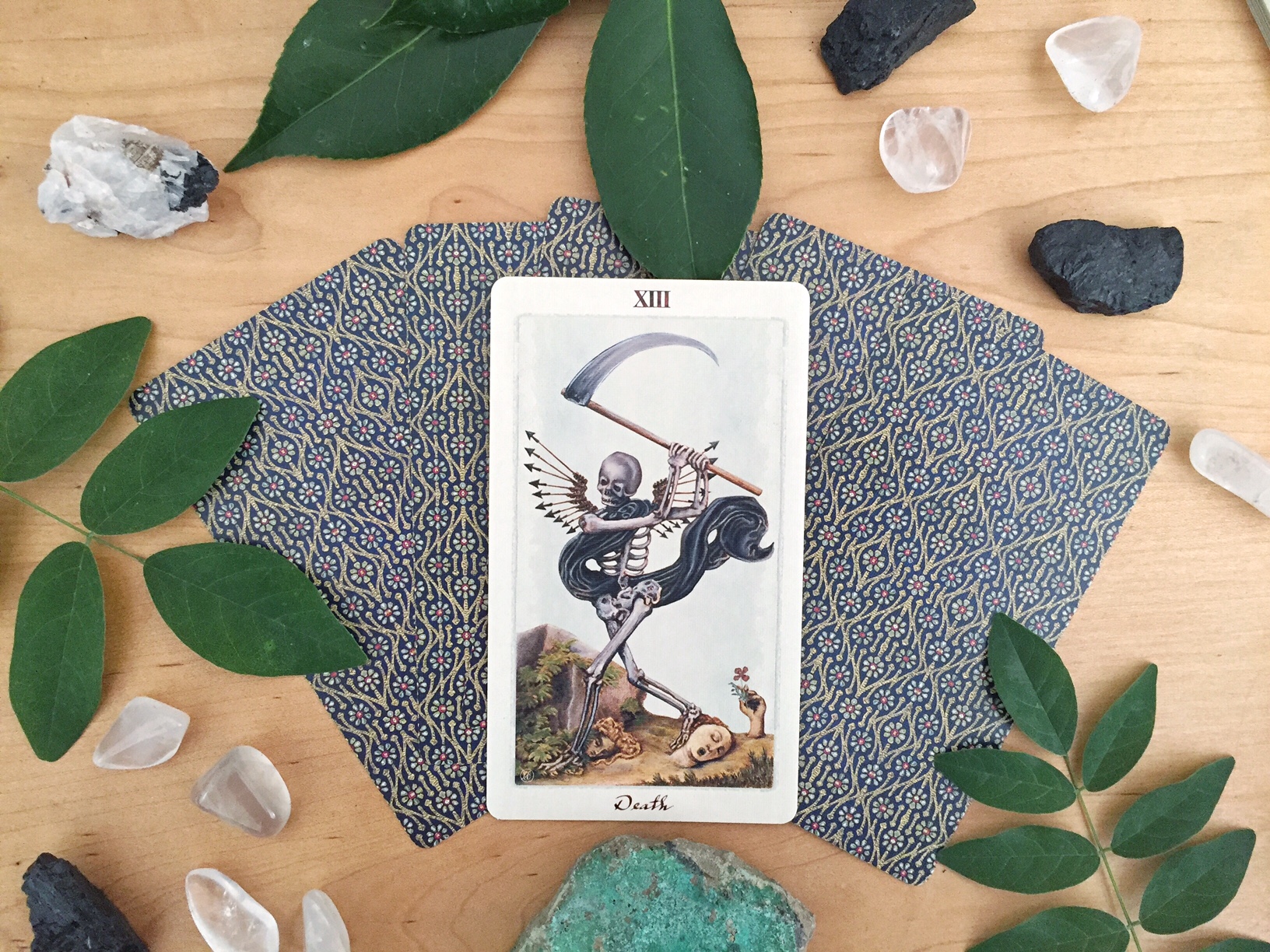Tarot Reflections: Diving Deep into Shadow Work with Death and The Moon
Who here loves to read articles online? I'm the first to admit that I spend a great deal of time trolling the internet for information and entertainment (ideally, mostly for *serious, productive* goals, but we all know how things go...)
Who here loves to read articles online? I'm the first to admit that I spend a great deal of time trolling the internet for information and entertainment (ideally, mostly for *serious, productive* goals, but we all know how things go...)
One of my favorite corners is Longform, an amazingly curated collection of longform journalism. Diving into another perspective makes me feel even more connected to the stunning variety of life. And it gets me out of my usual thought patterns and into the grander, more magical side of life in all its weirdness and diversity. Plus, even when I'm procrastinating I'm learning something new.
Often times, I find myself connecting what I read to tarot because, let's face it, tarot is a huge lens through which I see the world. (Side note: I highly recommend doing this as a fun tarot exercise.)
The other day I stumbled on an article about saturation divers, people who do demolition work thousands of feet under the ocean, spending weeks at a time in intensely managed and frighteningly claustrophobic living quarters designed to spare them from the crushing pressure of all that water.
They have to move slowly, exercise caution, and trust in the systems put in place to protect them. Once they've completed their time underwater, they must slowly ascend, spending days in specially pressurized capsules aboard ships to equalize.
This deliberate, risky, and ultimately rewarding process reminded me so much of a tarot reading I had this past week. In it two of my favorite cards showed up together: Death and The Moon. Both of these cards speak to the power, mystery, and risk of transitions.
When we choose to move into our personal depths in our pursuit of growth we can uncover so much. Yet at the same time we're traveling into new and occasionally heavy territory. The Moon represents the wildness of this new place. It can be both wondrous and frightening, in turns alluring and repulsive.
Some people call this process shadow work and with good reason. Looking deeper involves bringing what was in the shadows into light. Sometimes we don't like what we see, but it's part of us nonetheless. And ultimately, we're able to find positivity and transformation for these relinquished sides of ourselves. That's one of the profound transitions represented by the Death card.
Like the saturation divers working far beneath the surface of the sea, we're under a lot of pressure when we work with our shadow. That's not to say that the pressure is crippling and fearsome, but that we should acknowledge that we're working in a different realm. The same rules don't apply, as we can see in the topsy-turvy illustration of The Moon. We can't rush around recklessly. We have to exercise caution. Move slowly. Be aware that we're doing something important.
We also can't rush to the surface quickly. Doing shadow work involves taking time apart, moving slowly with awareness of the importance of our undertaking, and giving ourselves plenty of space to ease into the bustle of life. We need TLC, in other words, when we're going to these big places. It's easy to forget this and bop right back into our routines. Doing extra self-care in these situations is always a wise investment.
What's more, we can also rely on the support network in place. While we're at the bottom of our personal sea exploring, mending, and shining a light on neglected places, we also have a connection to the people who have our back on the surface. Communicating with them about our needs, feelings, and experiences, can be a beautiful lifeline during big moments of personal growth.
So if you're in the midst of a big internal change a la Death, remember that this is a delicate, important, and beautiful process. Think like a diver at the bottom of the sea - how can you bring your awareness to these new surroundings. What different ways must you move? How can you give yourself time and space to process, recalibrate, and equalize?
Diving deep can be hard work. But when we're mindful of its importance and our new needs as we embark on these journeys, the path is much more smooth and inviting.


